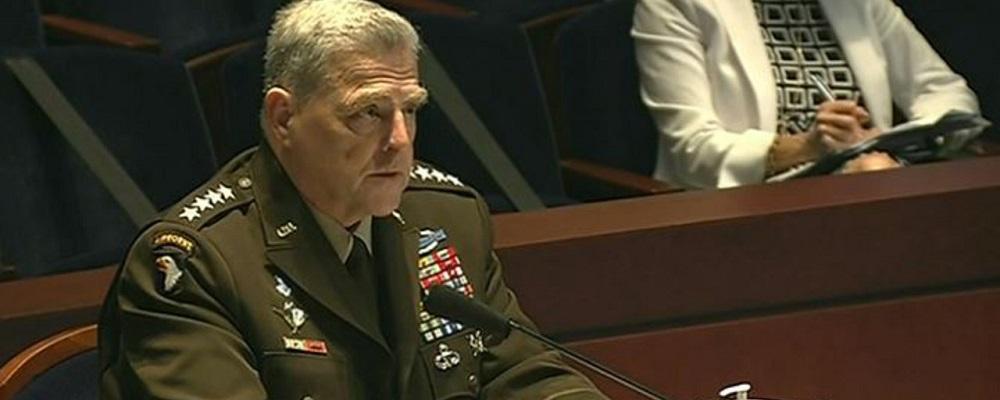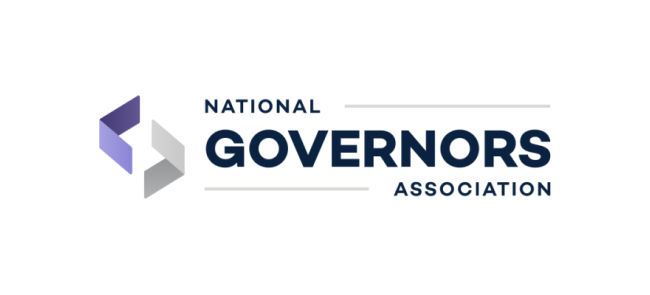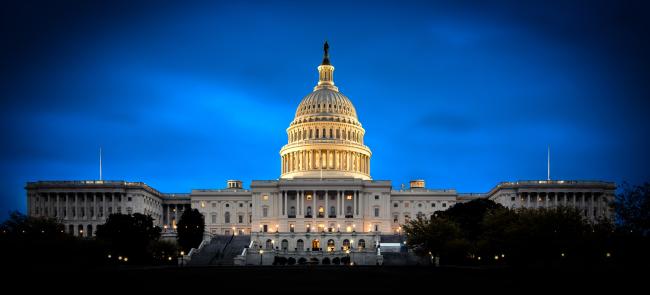
Gen. Mark Milley, the chairman of the Joint Chiefs of Staff, made a case last week for changing the names of bases honoring Confederate generals.
The military’s top officer told the House Armed Services Committee that Confederate leaders were “traitors” and said he is taking a “hard look” at renaming 10 Army posts that honor them.
His words run counter to the wishes of President Trump, who has made clear his opposition to any changes.
“The Confederacy, the American Civil War was fought, and it was an act of rebellion,” Milley said. “It was an act of treason at the time against the Union, against the Stars and Stripes, against the U.S. Constitution, and those officers turned their back on their oath.”
Milley said black troops bear a particular burden when they serve at these installations.
He said he had in mind "those young soldiers who go onto a base, a Fort Hood [Texas] or a Fort Bragg [North Carolina] or a fort wherever, named after a Confederate general. They can be reminded that that general fought for an institution of slavery that may have enslaved one of their ancestors."
The installations, all in former Confederate states, were named with input from influential local residents during the Jim Crow era. The Army courted their buy-in because it needed the land to build bases during the buildups of World War I and II.
That decision was political, Milley told the committee, and renaming the installations would also be a political move.
If the decision is made to change the names, "the way we should do it matters as much as that we should do it," Milley said. "So I've recommended a commission of folks to take a hard look at the bases, the statues, the names — all of this stuff, to see if we can have a rational, mature discussion," he said.
The issue of the base names has been part of the debate in Congress on the fiscal 2021 National Defense Authorization Act. The current House and Senate versions of the bill both include amendments to remove the names of Confederate leaders from bases.
But the president has threatened to veto the NDAA if the amendments are included in the final version of the legislation.










